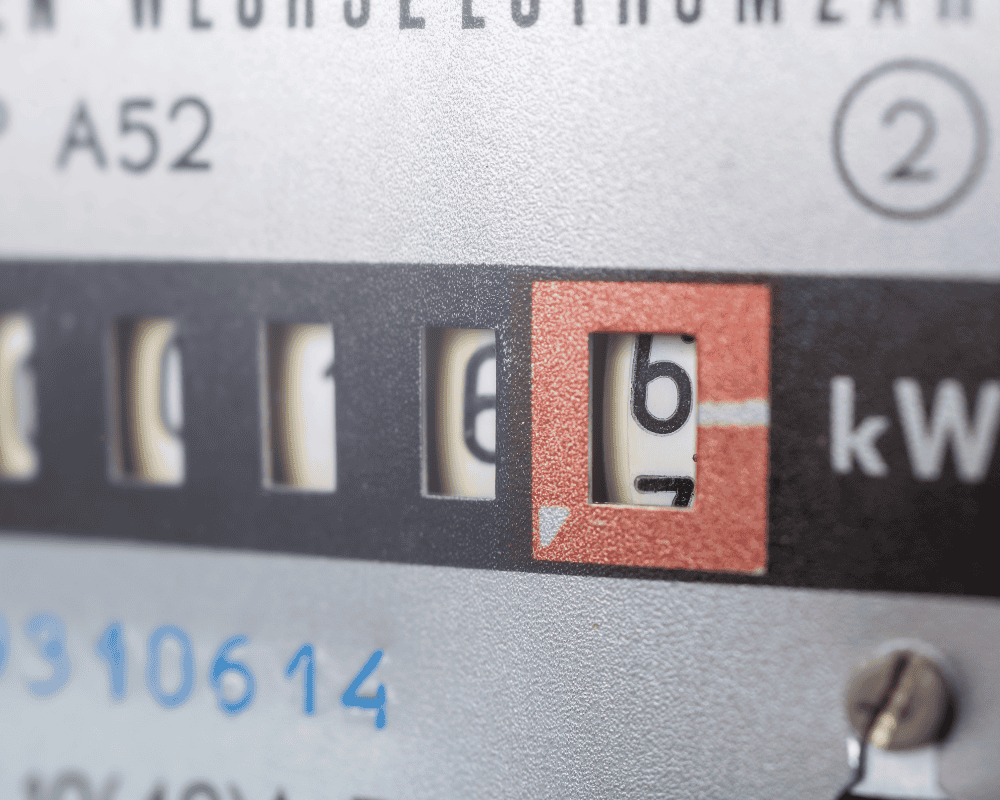
Exploring the Different Tariff Plans Offered by Electric Companies
Table of Contents
Before choosing an energy supplier, explore a few different electricity tariff plans. These include prepaid plans, fixed-rate plans, and indexed rates.
Fixed-rate plans give you the stability of a set price for the entire duration of your contract term. Variable-rate plans change with market prices.
Variable Rate Plan

If you are an active customer who keeps up with the energy market and is constantly looking for the best prices, a variable rate plan might be right for you. These plans vary your monthly rates based on current electricity market conditions, such as weather and demand. They can be cheaper in the winter when demand is low but also more expensive in the summer when demand is high. These plans also often do not have contracts and offer the freedom to switch providers without paying cancellation fees.
Variable plans can be ideal for Texans who are still determining their future living situations or are frequently moving between homes. The flexibility of these plans allows you to change to a fixed plan when market rates are at their lowest, saving you money in the long run.
However, these plans are also a good choice for customers who are comfortable taking risks and don’t mind seeing their bills fluctuate monthly. With these plans, the price per kilowatt-hour can drop significantly when market rates are low. This can save you a significant amount of money, but it is essential to remember that these plans are more expensive when market rates are higher, such as during peak demand times.
Indexed Plan
Several different electricity plans are available from regulated energy companies in Texas. These plans align the cost of delivering energy to customers with their power demand. Some energy providers, like the electric company in Killeen, Texas, also offer a variety of rate plans to encourage their customers to use energy at off-peak times, which helps balance the market on the energy grid.
One type of plan that has gained popularity is an indexed plan. This plan is similar to a variable plan but differs in that the price of electricity will change over time, depending on an index such as the price of natural gas. This is an excellent option for savvy consumers who appreciate monitoring pricing to get the best deal on energy each month.
Another option is average billing, which calculates your rate based on your actual usage each month. This is an ideal option for those who want to keep their rates consistent, regardless of the season.
Other plans from regulated energy companies in New York include fixed-rate and prepaid options. Each offers its benefits and disadvantages. While a fixed-rate plan gives you stability, it also requires signing a contract and paying early termination fees if you cancel before your term ends. In addition, many programs are offered with bill credits that reward you if you use less than a certain amount of energy in a month.
Fixed Rate Plan

The type of plan you choose depends on your individual needs. There’s no “one size fits all” electricity plan, but if you research and understand your options, finding the right energy contract can be easy.
In a fixed-rate plan, homeowners pay the same electricity rate per kilowatt hour for the duration of their contract, regardless of market prices. On the other hand, in a variable-rate plan, wholesale or market prices change every hour, and what you pay for energy one month may be significantly higher or lower than the next.
With a fixed-rate plan, you can lock in a specific rate for the length of your contract — typically 12 or 24 months, but some providers offer terms up to 48 months. This provides a sense of stability and predictability that can be especially useful for consumers on a fixed income or those who need to budget their energy costs.
However, a downside is that if market prices drop, you won’t be able to take advantage of the savings. Also, since fixed-rate plans often have early termination fees, switching to a different plan during this period isn’t usually possible without paying a penalty. Doing homework before signing up for a fixed-rate plan makes it more critical. To help you with this, Power Wizard takes the guesswork out of electricity shopping by searching through countless energy providers and compiling the best options available based on your unique requirements.
Prepaid Plan
Prepaid electricity plans are gaining popularity for consumers to control their energy use. Unlike traditional power plans that require deposits and lock customers into long contracts with hefty early termination fees, prepaid power options allow customers to pay for the electricity they need in blocks; this is especially useful for households or businesses that need flexibility with their energy usage.
Prepaid plans also avoid needing deposits and credit checks, making them more accessible to consumers with poor or no credit. As a result, prepaid plan customers have fewer disconnections than those on traditional plans.
Like a prepaid phone plan, customers purchase a block of energy upfront and can top up the balance to consume more electricity. Some REPs will send text or email notifications to customers when their balance is low, which can help them manage consumption and prevent disconnection.
Another benefit of a prepaid plan is that it can often be signed up for and connected on the same day as a conventional power plant. This is particularly useful for those who need a quick connection to electricity after moving into a home or business or those who have been without service due to an inability to pay a deposit.



